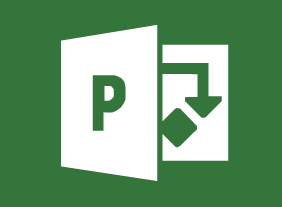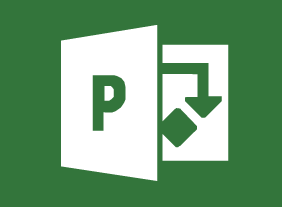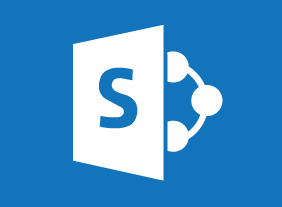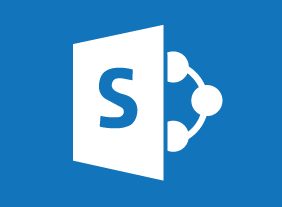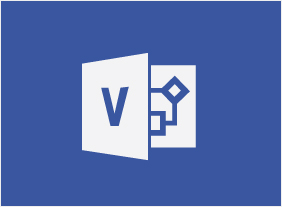-
Building an Online Business
$99.00This course will lead you from your idea to your online business. It will take a look at important components such as business plans and marketing while touching upon payments, online marketplaces, and much more. With those topics covered you will have the skills to become an online entrepreneur. -
Microsoft Word Online: Finalizing Your Document
$99.00In this course you will learn how to control page layout, use language tools, check the accessibility of a document, work with comments, and co-author documents. -
Emotional Intelligence
$99.00This course will introduce you to the history of emotional intelligence and what its all about. Youll explore the most popular theories, including the EI blueprint, Martin Seligmans ABCs of optimism, the VALUE and SOLER techniques, Ekmans seven basic emotions, and Plutchiks wheel. Youll also explore your personal values and vision statement to help guide you in your emotional intelligence development. -
Building Your Self Esteem and Assertiveness Skills
$99.00In this course, you will explore what self-esteem is and where low self-esteem comes from. You will also learn ways to build your self-esteem, get what you want, and make others feel better about themselves. -
Microsoft OneNote Online: Working with Notes, Part Two
$99.00In this course you will learn how to use tags and symbols, add handwritten text to a note, and use OneNotes highlighting tools. -
Mobbing in the Workplace
$99.00After this course, you will be able to identify mobbing and how it differs from individual bullying, know why and how it occurs, know how it impacts the person targeted and the organization, know what actions to take if you are being mobbed, know how to avoid targeting someone, and know what action to take as an organization to stop mobbing before it starts -
Tough Topics: Talking to Employees about Personal Hygiene
$99.00This course has two major themes. First, well give you a customizable framework for having tough conversations. Then, well look at some common tough conversations that come up, including body odor, flatulence, poor clothing and hair decisions, and bad breath. -
Workplace Health and Safety: The Supervisor’s Role and Responsibilities
$99.00At the end of this course you are going to be able to understand the employers and supervisors responsibilities for workplace health and safety and you will also learn about, and understand, the three rights of workers. You will learn about Health and Safety Committees, employee orientation checklists, health and safety training for employees, and the importance of communicating health and safety information.












